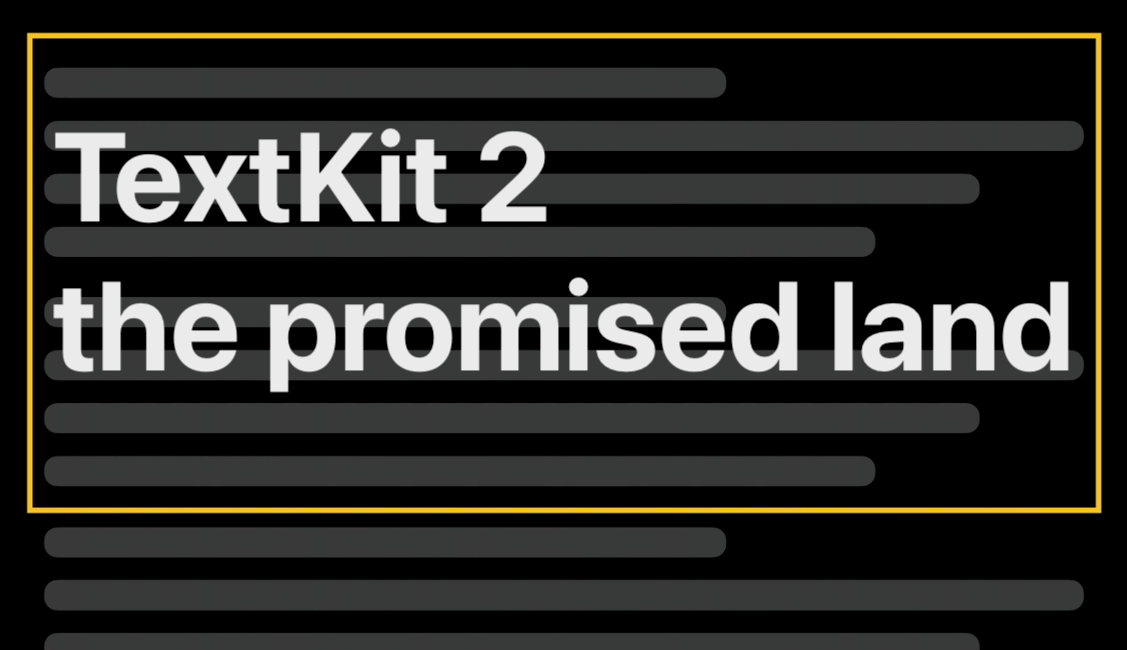ResurrectedGod: A Robust Ruby Process Management Framework
ResurrectedGod is a Ruby-based process monitoring framework forked from mojombo/god. It aims to simplify the management of server processes and tasks, offering easy configuration and extension, striving to be the simplest and most powerful monitoring application available. Documentation is available in the repository and online, with a mailing list for community interaction.











